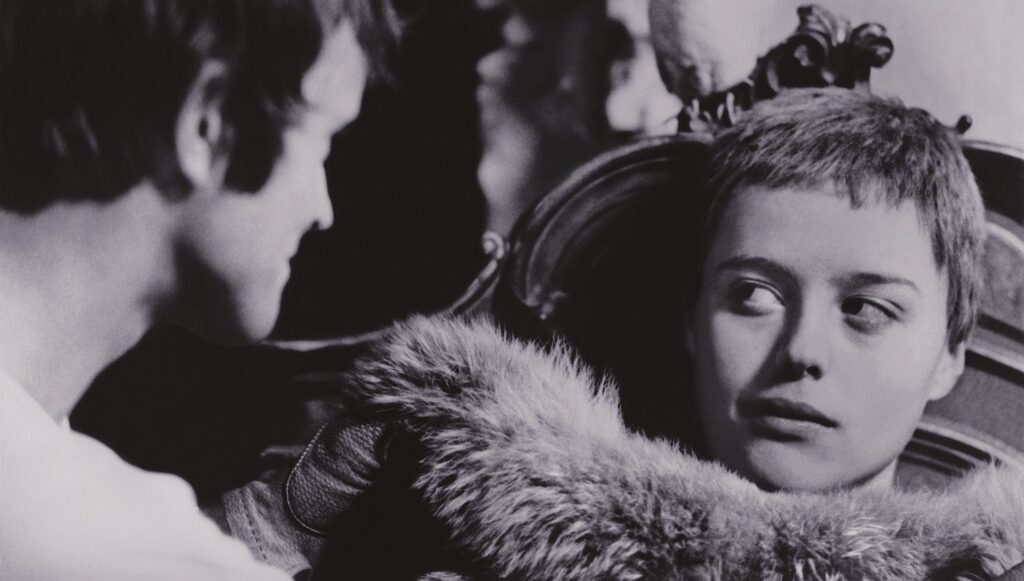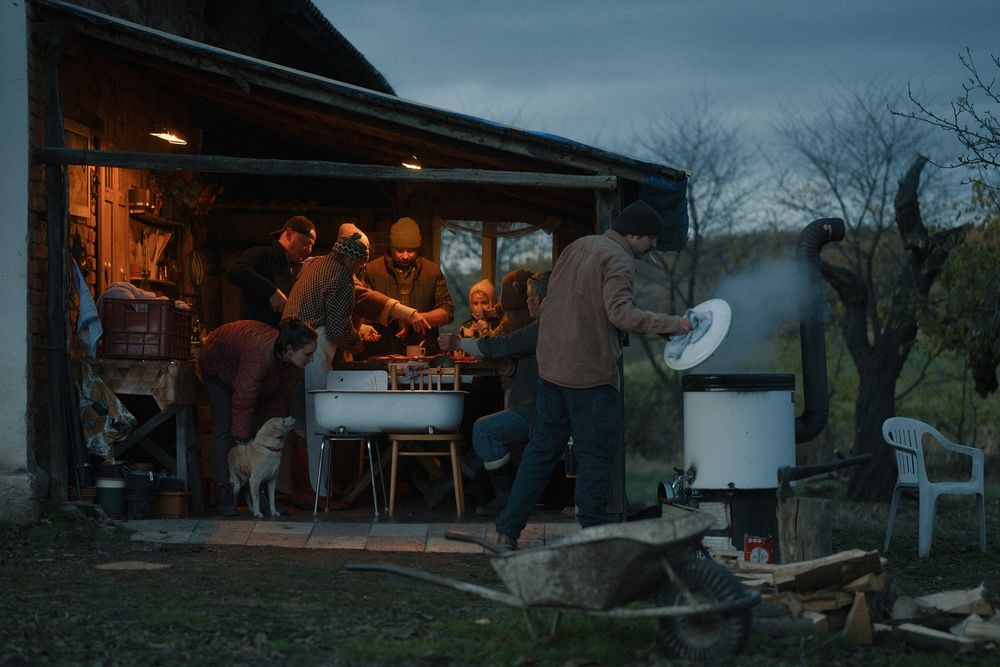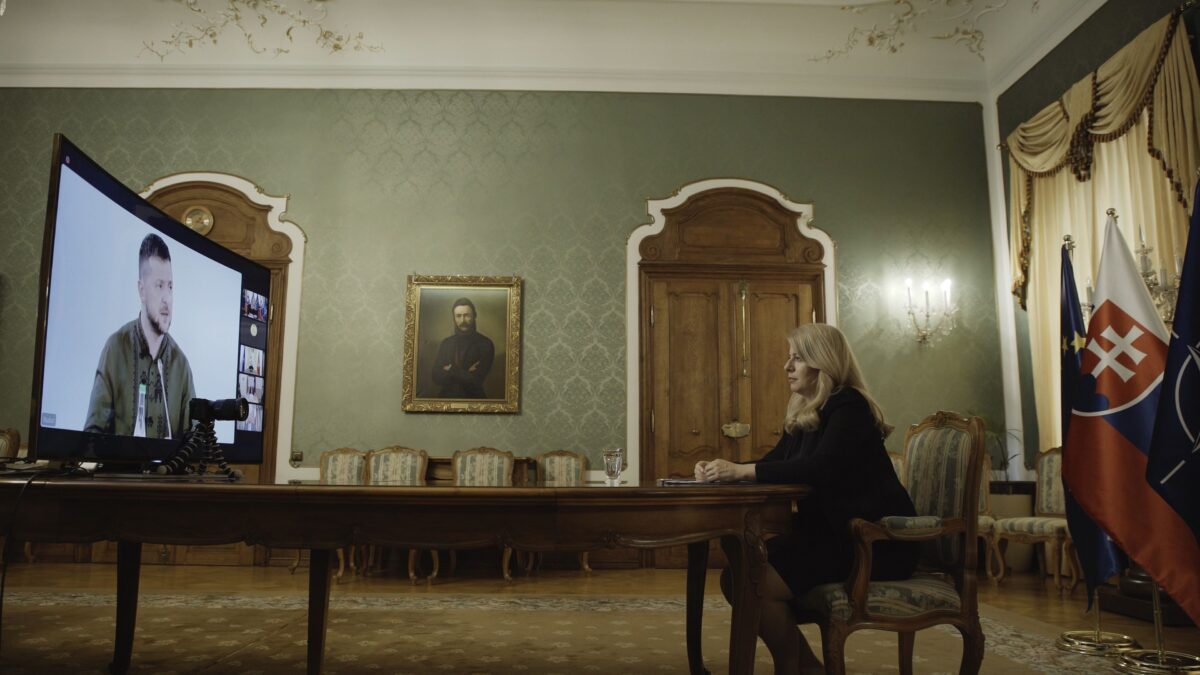An exceptional screening of Czechoslovak films from the 1960s will take place in the Brazilian city of Porto Alegre. Under the title The Forbidden Czechoslovak World, five digitally restored Slovak films from the new wave period will be screened. The showcase, composed of Czech and Slovak titles, will run from September 26 to October 13.
The Forbidden Czechoslovak World screenings are presented by the Brazilian Cinemateca Capitólio as a cycle of treasury films that were banned after the Soviet invasion in 1968. These works come from the period of flourishing Czechoslovak cinema and have not been screened in Brazil to such a large extent before. “Czechoslovak cinema is a separate chapter in the explosion of new films of the 1960s,” the curators of the showcase state. “At the beginning of the decade, a new generation of directors emerged between Prague and Bratislava with a collection of innovative films that quickly caught the attention of the whole world. In the phenomenon known as ‘the miracle of Czechoslovak film,’ directors like Štefan Uher, Miloš Forman, Jaromil Jireš, Juraj Jakubisko, Věra Chytilová, Evald Schorm, Jan Nemec, and many others appeared on the international film map.”
Slovak cinema in the collection of twenty-five titles will be represented by: the war-time drama The Organ (1964) by Štefan Uher; the satirical tragicomedy critiquing bourgeois survival, hypocrisy, and intrigue The Barnabáš Kos Case (1964) by Peter Solan; the psychological story about the illness of the individual and society 322 (1969) by Dušan Hanák; the mosaic parable about people who survive in the world only thanks to their madness Birds, Orphans and Fools (1969) by Juraj Jakubisko, and the film about people searching for their place in the world after World War I, Wild Lilies (1972) by Elo Havetta.
“The presentation of classic films from the collections of the Slovak Film Institute in Brazil is a success and is part of activities that expand awareness of the history of Slovak cinema abroad. The collection consists of films from an extraordinarily creative period in our cinema and is part of the Czechoslovak film miracle, which has a good reputation abroad,” says Rastislav Steranka, director of the National Cinematographic Center of the Slovak Film Institute. According to him, the presentation of Slovak cinema and the accessibility of audiovisual heritage at home and abroad are fundamental activities of the institution and it is “satisfying when our works reach, for us, less traditional places, such as Porto Alegre in Brazil.”
In addition to Slovak films, the showcase will also feature Czech films, including classic works such as Daisies (1966) by Věra Chytilová, The Firemen’s Ball (1967) by Miloš Forman, The Party and the Guests (1965) by Jan Němec, The Cremator (1968) by Juraj Herz, The Ear (1969) by Karel Kachyňa, The Joke (1968) by Jaromil Jireš, and many others. The organizers invite viewers to “venture into the dangers and charms of the forbidden world of Czechoslovakia.” The showcase is organized by Cinemateca Capitólio, the Czech-Brazilian Cultural Association in Porto Alegre, the Embassy of the Slovak Republic in Brazil, the General Consulate of the Czech Republic in São Paulo, CzechArte, the National Film Archive in Prague, and the Slovak Film Institute.
More information: https://www.capitolio.org.br/novidades/7666/o-mundo-proibido-da-tchecoslovaquia/








